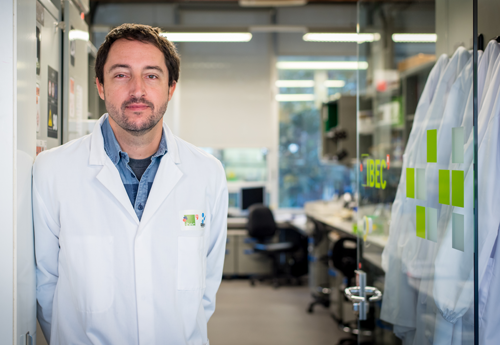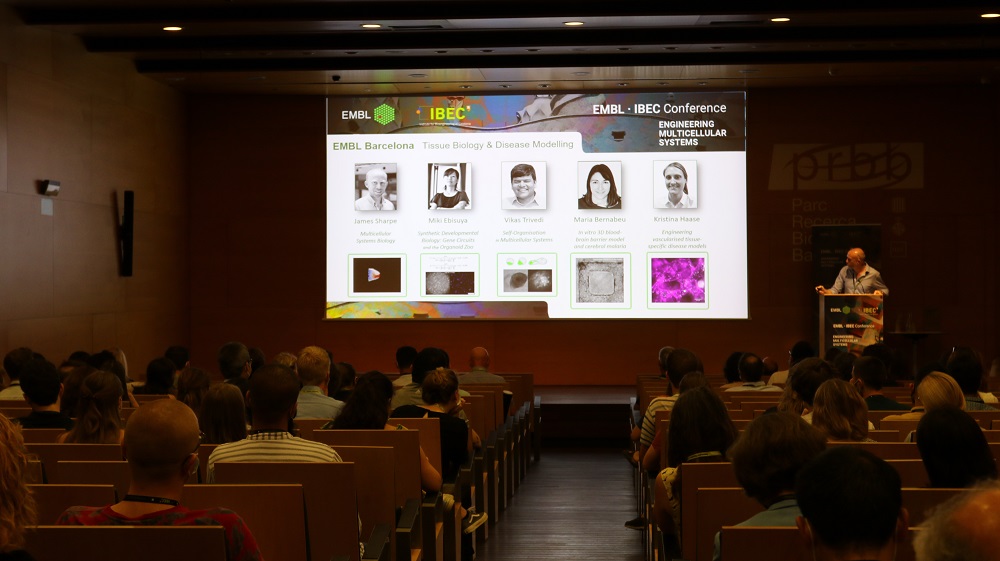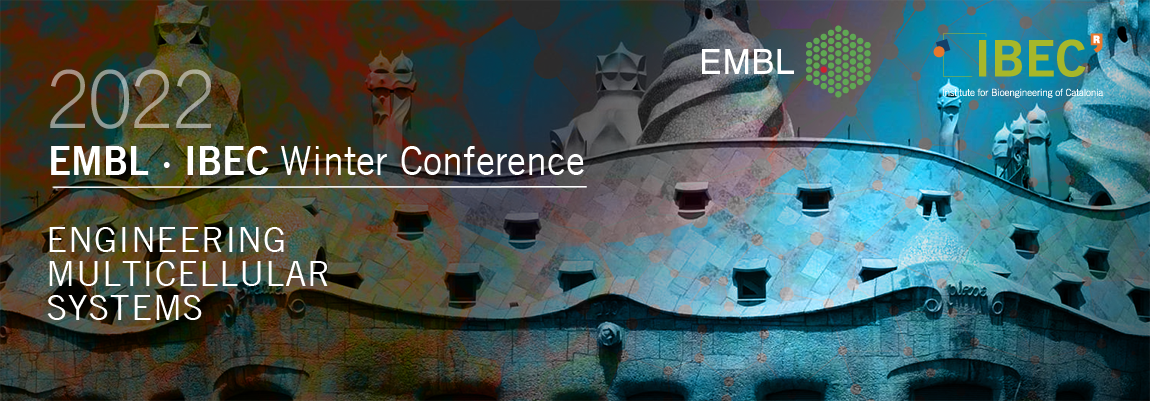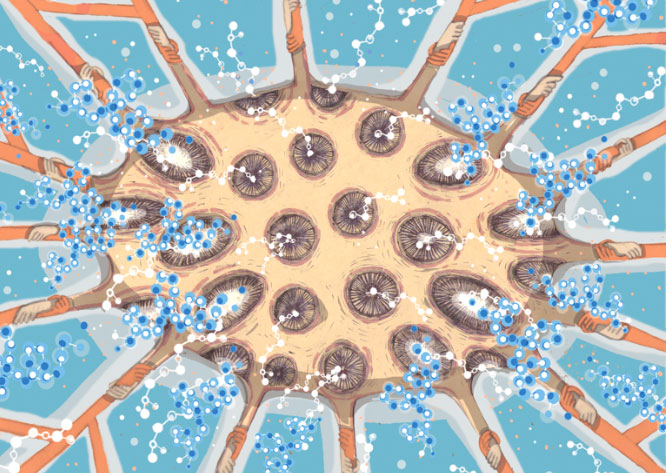Animal Lab technician
Application Deadline: 30/06/2022
Ref: LT_GB
The Molecular Bionics group at the Institute for Bioengineering of Catalonia (IBEC) led by Prof. Giuseppe Battaglia at the Institute for Bioengineering of Catalonia (IBEC) is looking for a laboratory technician to support the animal research lines of the biology section of the team, as well as to contribute to the general lab maintenance.

 Data límit: 20/06/2022
Data límit: 20/06/2022






